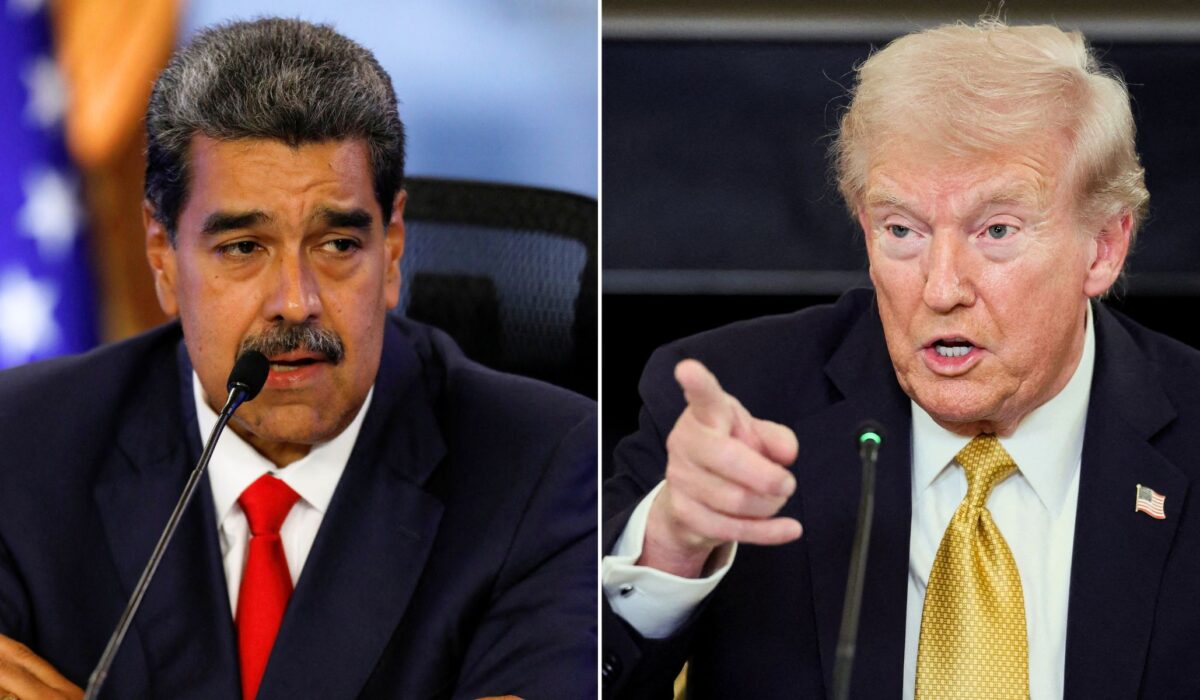Don’t Let a President Start a War in South America Without Congress
Americans expect their leaders to follow the Constitution when it comes to war. The decision to send troops or start military action is too grave to be handled alone by the executive branch. A Republican perspective insists on checks and balances and strict oversight.
History shows that unilateral military moves can spiral into long, costly engagements that erode public trust. Congress exists to deliberate and authorize the use of force, not to be bypassed by executive fiat. Leaving that duty unchecked invites mission creep and political blowback.
It would be a colossal mistake for the president to glide into a war in South America for which he sought no public support or congressional buy-in.
The War Powers Resolution was written to prevent presidents from dragging the country into conflicts without timely consultation. Republicans should insist it be followed, not ignored, because the Framers put authorizing power with the people’s representatives. This is about preserving constitutional order as much as avoiding foreign entanglement.
Operational realities matter: logistics, basing, force protection and rules of engagement are not just details for a news cycle. Troops deployed to another hemisphere need clear objectives, exit criteria and legal authority. Vague promises without congressional mandates set our service members up for unclear missions and unclear backing.
Costs hit home quickly, both in treasure and in lives. A war that lacks public support will fracture political consensus and undercut long-term strategy. Republicans favor prudent, fiscally conscious decisions that weigh tactical gains against strategic burdens.
Diplomacy and sanctions are tools often underused when the White House prefers kinetic options. Building regional coalitions and working through partners in South America can yield better outcomes than rushing to force. Showing restraint keeps America credible and limits unintended consequences.
Intelligence assessments should drive any consideration of military action, and those assessments belong before congressional committees as part of the debate. Transparency to lawmakers is essential for legitimacy. Secret escalations without legislative input make a mockery of representative government.
Political accountability must follow policy choices. If a president chooses war without Congress, lawmakers have to act—by debating, voting, and holding hearings. Republicans should lead on clear standards for when and how force is applied so future presidents know the limits of executive reach.
Regional stability matters to our national security and economic interests. A misstep in South America could ripple through migration flows, trade, and partnerships in the hemisphere. Crafting policy through consultation reduces the risk of destabilizing outcomes.
There are responsible ways to protect American interests without immediate military intervention: targeted sanctions, diplomatic isolation of malign actors, and coordinated multilateral pressure. Those options honor the Constitution and often produce durable results. Lawmakers need to reclaim their role before any irreversible steps are taken.
The president must not mistake momentary advantage for lasting strategy. Congress should insist on deliberation, authorization and clear public rationale before committing the nation. Republican principles call for constitutional fidelity, fiscal realism and sober foreign policy judgment.

